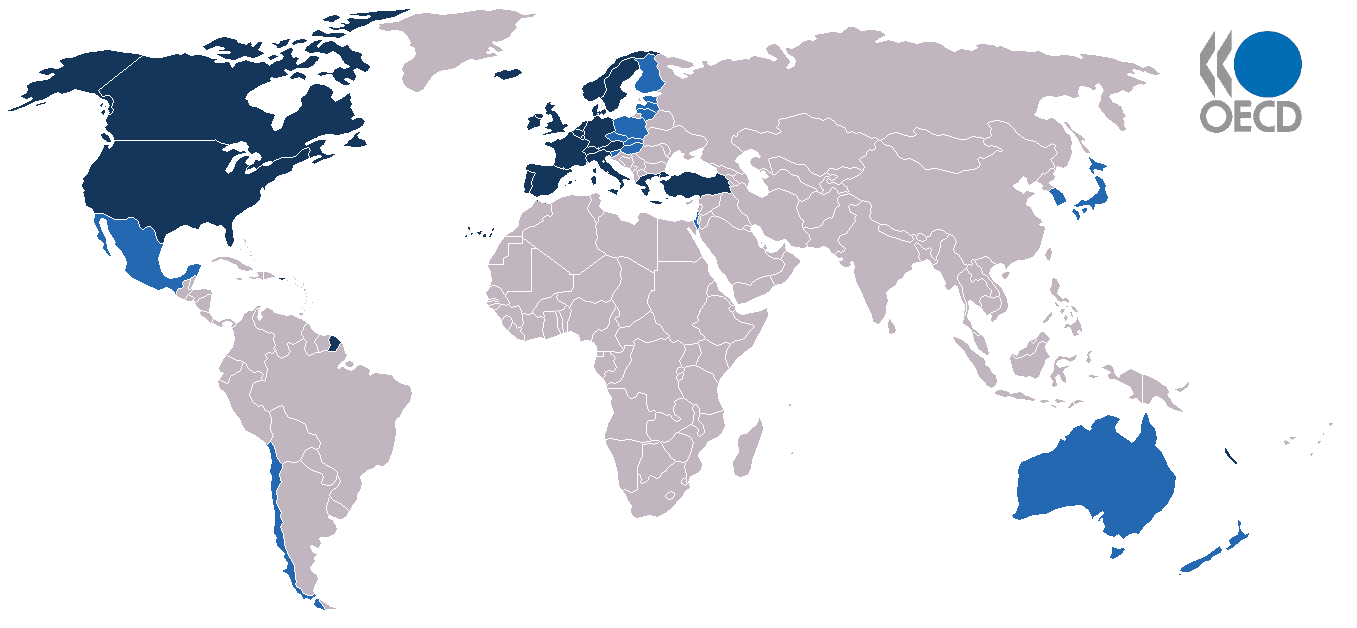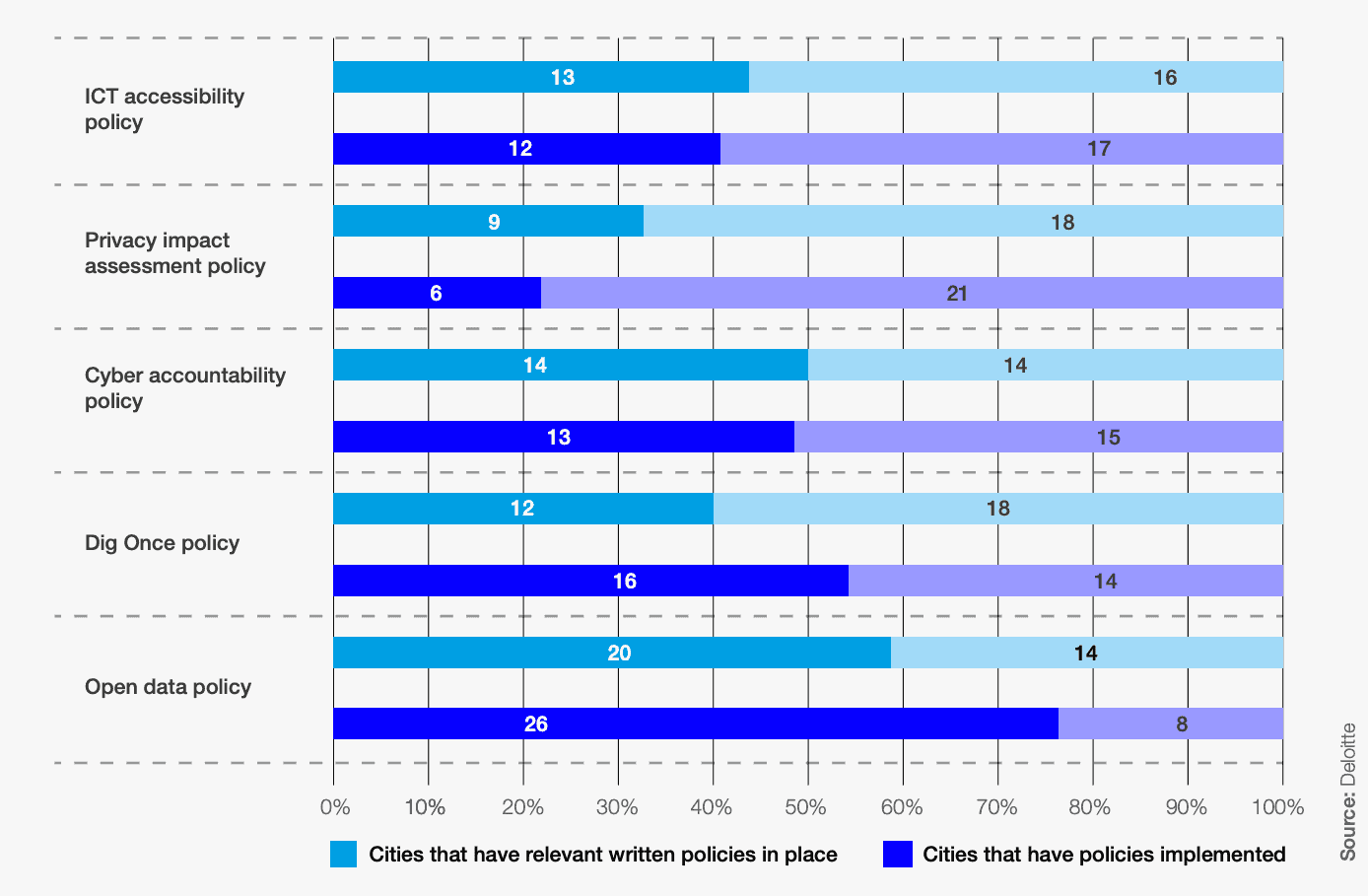
Equity mandate
From improving efficiency to reducing inequality.
How likely? How soon? What impact?
The smart cities movement kept a laser focus on efficiency over the last decade. Now, it is finally turning to the question of equity. This pivot is coming from the top down—as international organizations convene high-level conversations to define the role of smart city technology and urban tech in poverty reduction and economic development.
Addressing equity will drive an expansion of smart cities' scope. As one observer notes, "If smart city planning a year ago was focused on things like mobility and traffic congestion and public safety, now it must encompass Internet connectivity, public health, privacy, racism, and social equity." This broad shift, however, reflects the learnings of a handful of cities that have already developed digital master plans in recent years. The result of structured processes of public engagement to develop comprehensive, long-term approaches to urban tech‚ digital master plans have provided a policy framework for going beyond efficiency.
The equity mandate is only in the earliest stages of being operationalized in urban tech. Investments in smart city and urban tech are growing. But entrepreneurs from historically disadvantaged groups are not proportionally participating in the growth of this new industry. This could compound risks by increasingly the chances that these technologies embed implicit biases. Bigger, bolder moves will be needed to make up for lost time and historic inequality.
Signals
Signals are evidence of possible futures found in the world today—technologies, products, services, and behaviors that we expect are already here but could become more widespread tomorrow.




..png)




